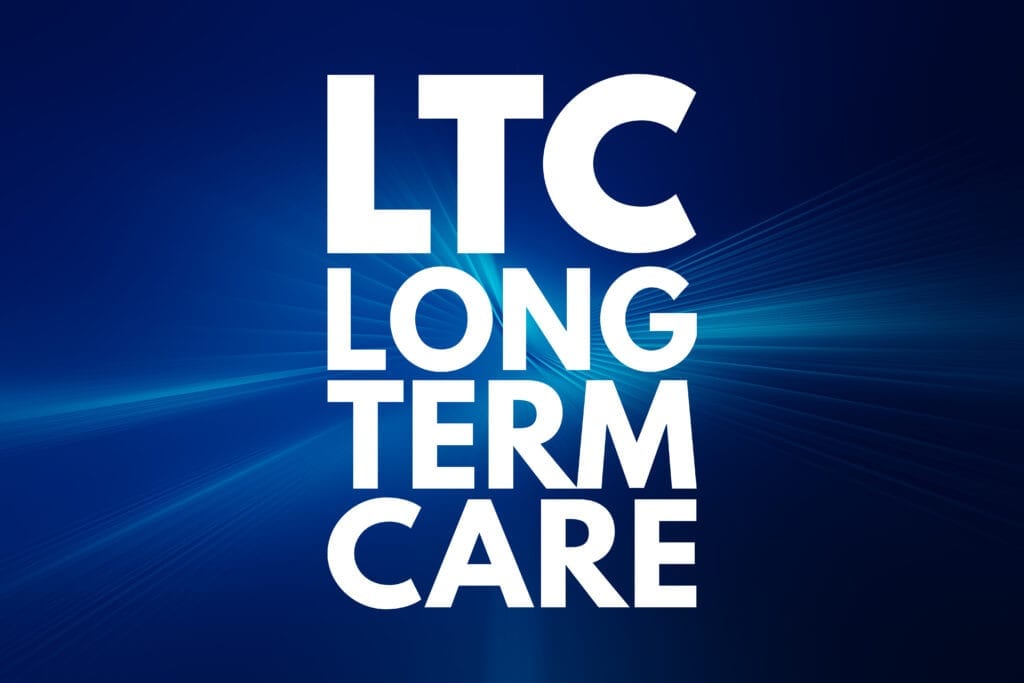LTC Medicaid: Don’t assume you aren’t eligible

Even if your income exceeds the limit to qualify for regular Virginia Medicaid, you still might be eligible for Medicaid that covers long-term care in your home.
Long-term care Medicaid covers care received in a nursing facility or in a community setting such as your home or Mountain Empire Program of All-inclusive Care for the Elderly (PACE). You must be determined to need this type of care by a pre-admission screening team made up of a health department nurse and a department of social services social worker. Hospital social workers can also screen if you are hospitalized in Virginia.
“If you are in need of that kind of care, don’t own real property besides the home you’re living in and don’t have a lot of money in the bank, you should definitely apply,” encouraged Mountain Empire PACE Director Genia Garrett. “Even if you’re determined ineligible, you would find out if you might ever be eligible and what you would have to do to make yourself eligible . . . that is, what you’re going to have to spend to become eligible.” She emphasized that monetary resources may be spent on your own needs, not for someone else’s benefit, and neither money nor real property may be given away. “That can make you ineligible for a long time,” she cautioned. The value of what you “transfer” will be divided by the monthly cost of the care you need to see how many months you will be ineligible.
For 2020, the monthly income limit for persons needing either institutional (nursing home) or home and community-based services (like personal care or PACE) is $2,349 a month for a single individual. The asset limit (excluding your primary home, vehicle, personal belongings and burial trusts) for a single individual is $2,000; for a couple, it’s $3,000. Countable assets include cash, stocks, bonds, investments, credit union, savings and checking accounts as well as real estate in which one does not reside. Not meeting these criteria does not mean you might not become eligible. Special rules also apply for when one spouse needs long-term care Medicaid but the other does not. These “spousal impoverishment” rules ensure the spouse who does not need long-term care Medicaid still has the means to live.
When applying for Medicaid to pay for long-term care services, you should be sure to let the eligibility worker know that a pre-admission screening has been requested. Likewise, also let the screening team know that a Medicaid application has been filed with the local department of social services.
People who receive Medicaid covered long-term care services may have to contribute some of their countable income toward the cost of care. This is called patient or participant pay. An allowance is given for the person’s basic needs. This is called the personal maintenance allowance; for one person in Virginia, it is currently $1,292. If your income is less than that amount, you will pay nothing for your care.
If you are in need of help with activities of daily living like bathing, dressing, toileting, feeding yourself, etc., and would like to find out if you are eligible for this service and if Medicaid would pay for it, call Mountain Empire PACE at 276-523-0599 or Mountain Empire Older Citizens at 276-523-4202 and ask for a case manager. You may also contact your local department of social services and request a community-based care screening. MEOC has workers who will be happy to help you with filling out a long-term Medicaid application.
Get Updates From MEOC
Categories
MEOC Newsletter
April 2022 Stepping Stones - April 2022 Stepping Stones
February 2022 Stepping Stones - February 2022 Stepping Stones